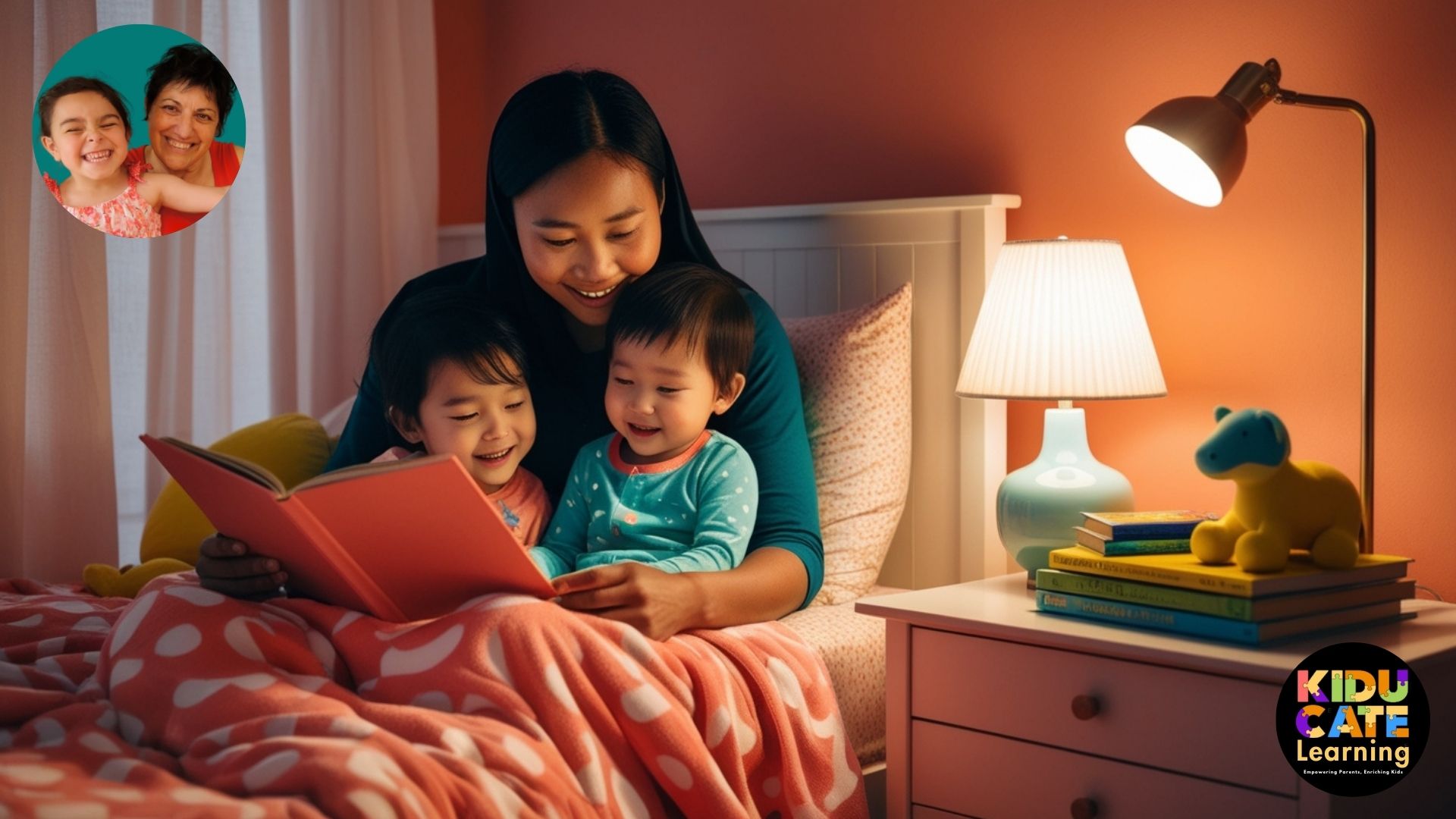Why Is Sleep So Important for Young Children?

Why Is Sleep So Important for Young Children?
Every parent knows the struggle of bedtime. It’s late, everyone is tired, yet sleep feels like the hardest part of the day. But sleep isn’t just rest — it’s critical to children’s growth and wellbeing.
Research shows that children who get enough sleep demonstrate stronger emotional regulation, memory, and learning ability 【Sleep Health Foundation, 2023†source】. A lack of quality sleep can lead to behavioural challenges, mood swings, and even long-term health issues 【Mindell & Williamson, Journal of Clinical Child Psychology, 2018†source】.
💡 Reflection Question: Have you noticed a difference in your child’s mood or focus after a good night’s sleep?
How Many Hours of Sleep Do Children Really Need?
The World Health Organization recommends that preschool-aged children get 10–13 hours of sleep per day (including naps) for optimal health 【WHO, 2021†source】. School-aged children (6–12 years) should average 9–12 hours.
While these numbers are a guide, every child is different. The key is consistency — finding and keeping a rhythm that works for your family.
What Are the Best Ways to Build a Calming Bedtime Routine?
Parents often ask: “How do I help my child fall asleep faster?” The answer lies in consistent, calming rituals that signal bedtime is near.
Here are 5 routines backed by research and parent experience:
- Set a Consistent Bedtime – Children’s internal clocks thrive on regularity 【AAP Pediatrics, 2020†source】.
- Create a Wind-Down Ritual – Reading a story, gentle stretching, or prayer helps the brain shift from play to rest.
- Switch Off Screens Early – Blue light disrupts melatonin production; experts recommend turning screens off at least an hour before bed 【Harvard Health, 2019†source】.
- Optimize the Sleep Environment – A cool, dark, and quiet room improves sleep quality 【National Sleep Foundation, 2022†source】.
- Add Comfort Cues – A nightlight, soft music, or a favorite toy helps children feel secure.
🌙 Community Question: What’s the bedtime ritual your family can’t do without?
Do Cultural Traditions Shape Sleep Habits?
Yes — and they can be powerful. In many ASEAN homes, bedtime includes lullabies sung in local languages, shared evening prayers, or the presence of grandparents during the wind-down. These practices create not only comfort but also continuity and cultural connection.
For example, studies in Indonesia and Thailand show that children who follow family-oriented bedtime rituals settle faster and sleep longer 【Mindell et al., Sleep Medicine, 2010†source】.
👉 What cultural bedtime traditions does your family enjoy? Sharing these can inspire and connect other parents in the KL community.
What If Sleep Problems Persist?
If your child regularly struggles with falling asleep, wakes often, or snores heavily, it may be time to consult a pediatrician. Conditions like sleep apnea, restless legs, or anxiety may be underlying factors. Early intervention ensures better outcomes for both children and parents 【AAP Sleep Disorders in Children, 2022†source】.
Conclusion: Building Restful Nights Together
Sleep routines aren’t about perfection — they’re about finding consistency and comfort that works for your family. With patience and love, bedtime can transform from a nightly battle into a cherished ritual.
💬 Now we’d love to hear from you: What’s your go-to bedtime trick — or your biggest sleep challenge? Share your experience in the comments on our Instagram @kiducatelearning. Your story could help another parent tonight.
